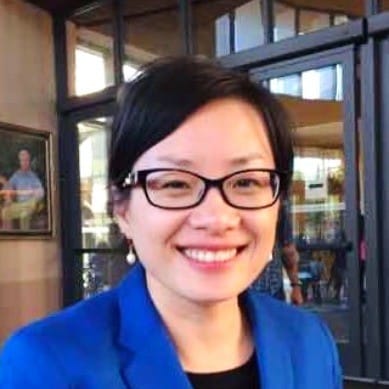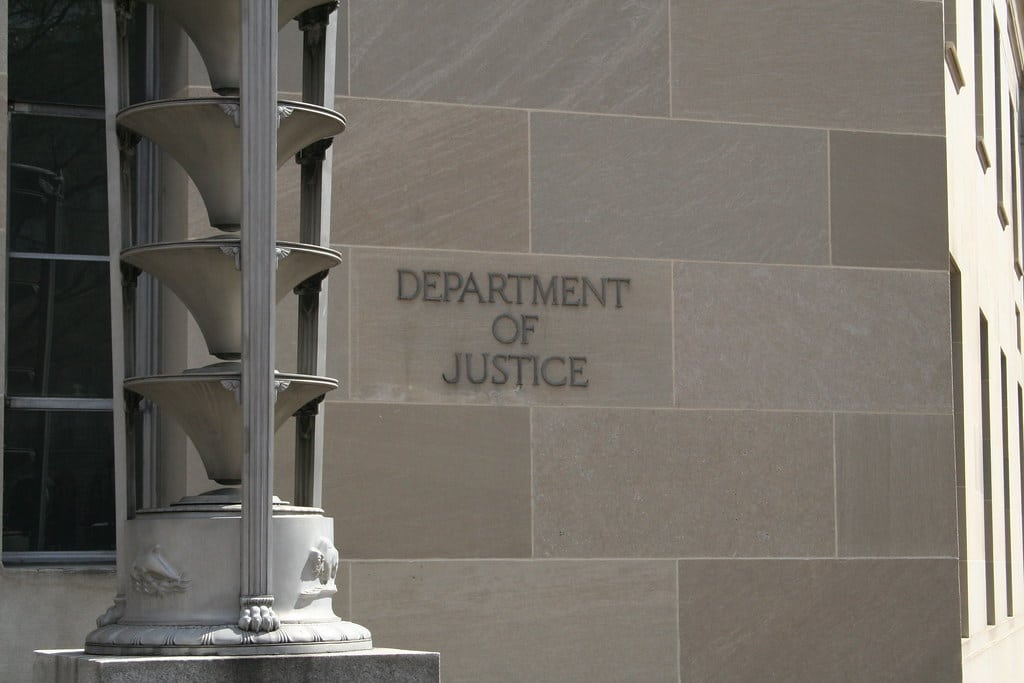Fears of a China Initiative Revival Stir Anxiety Among Chinese American Academics
- Analysis
 Juan Zhang
Juan Zhang- 04/16/2025
- 0

A growing number of Chinese American scholars are sounding the alarm over what they see as the quiet revival of the “China Initiative” — the controversial federal program launched under the first Trump administration that aimed to root out economic espionage but disproportionately targeted Chinese American scientists.
Recent events, including FBI raids on the home of Indiana University professor Xiaofeng Wang and the firing of a Chinese professor in Florida under a contentious state law, have only deepened anxieties in the academic community.
On March 28, based on multiple media reports, the FBI carried out court-authorized searches at two residences belonging to Professor Xiaofeng Wang and his wife, Nianli Ma, located in Bloomington and Carmel, Indiana. While the exact details of the investigation remain unclear, Wang had reportedly come under scrutiny for allegedly failing to disclose a 2017–2018 grant in China that listed him as a researcher.
Professor Wang, a Chinese American computer scientist, has been a respected faculty member at Indiana University’s Luddy School of Informatics, Computing, and Engineering since 2004. A graduate of two Chinese universities in the 1990s, Wang worked as a software engineer and IT specialist before earning his doctorate from Carnegie Mellon University. Over the years, he built a strong reputation as one of the nation’s leading experts in systems security and privacy, overseeing nearly $23 million in grant funding by 2022.
Following the FBI raid, Wang’s profile was abruptly removed from Indiana University’s website. Reports suggest that the university terminated both Wang and his wife, Ma — who worked as a systems analyst at the university library — on the same day.
The university has yet to publicly explain the reasons for their dismissal. “At the direction of the FBI, Indiana University will not make any public comments regarding this investigation,” its spokesman Mark Bode told NBC News. “In accordance with Indiana University practices, Indiana University will also not make any public comments regarding the status of this individual.”
Attorney James Covert, representing the couple, confirmed that neither Wang nor Ma has been arrested or charged. “Professor Wang and Ms. Ma are grateful for the support of colleagues at Indiana University and in the academic community,” Covert said in a statement. “They look forward to clearing their names and resuming their careers once the investigation concludes.” The couple’s current whereabouts have not been disclosed.
Meanwhile, in Florida, Professor Kevin Wang, a Chinese national holding valid U.S. work authorization, was abruptly dismissed from his position at New College of Florida in March. His termination came under Florida’s Senate Bill 846 (SB 846) — a 2023 state law that bars public universities and colleges from employing individuals from so-called “countries of concern,” including China.
Wang’s firing has become a flashpoint in a broader legal and civil rights battle challenging Florida’s crackdown on hiring foreign nationals in public higher education. The American Civil Liberties Union of Florida criticized the law, calling it unconstitutional and discriminatory. “The Florida law cited in the firing of this Chinese professor codifies anti-Asian discrimination,” the group wrote in a recent Facebook post.
“We see this trend, and a pattern of a less and less welcoming environment for Chinese students and international students overall,” said Gisela Kusakawa, the executive director of the Asian American Scholar Forum, in an interview with NPR.
Many Asian American scholars “came to the United States through the student visa pipeline, and so when we’re talking about maintaining US competitiveness and being able to foster and nurture the best and brightest talents, cutting off this pipeline would effectively make the United States less competitive,” Kusakawa further said.
The Asian American Scholar Forum (AASF) is a national advocacy organization dedicated to defending the rights of Asian American and immigrant scientists, researchers, and scholars. Founded in response to the federal prosecution of MIT professor Gang Chen — a Chinese American falsely accused under the now-defunct China Initiative — the New York-based nonprofit has become a leading voice on the issue. Last year, AASF led a coalition of more than 50 organizations in successfully pushing back against efforts in Congress to revive the controversial “China Initiative.”
On March 27, just two weeks after Wang’s dismissal, a federal judge in Miami issued a preliminary injunction temporarily blocking the law’s hiring restrictions, specifically as they apply to international students. Florida has since appealed the ruling and filed a motion seeking to pause the injunction while the case proceeds. Although the ruling addressed students, civil rights advocates believe it could lay the groundwork for broader challenges on behalf of faculty members.
In a webinar on the China Initiative hosted by Michigan State University’s Asian Pacific American Studies Program on March 12, Dr. Jeremy Wu, co-founder of APA Justice, delivered a keynote speech, in which he expressed concerns about the possible return of China Initiative 2.0.
Dr. Wu pointed out that over its 1,210-day duration, it led to 77 known cases and affected 162 individuals. More than two dozen scientists faced prosecution, none for espionage or trade secret theft. The initiative harmed not just individuals but also academic freedom, open science, and U.S. leadership in research.
As of now, the U.S. Congress has not officially revived the “China Initiative” in name, but there are signs of similar efforts resurfacing under different guises. The latest incidents of renewed scrutiny of Chinese academics and scientists have stirred memories of the original China Initiative, which was criticized for disproportionately targeting Chinese and Asian American researchers, often without clear evidence of wrongdoing.
Juan Zhang is a senior writer for the U.S.-China Perception Monitor and managing editor for 中美印象 (The Monitor’s Chinese language publication).
The views expressed in this article represent those of the author(s) and not those of The Carter Center.
Author
-

Juan Zhang is a senior writer for the U.S.-China Perception Monitor and managing editor for 中美印象 (The Monitor’s Chinese language publication).







